Do your summer plans include your pet? Of course they do! Before you hit the road, take to the trail, sail away, or lift off, check out our tips for pet travel success—and ensure you share some pictures with your friends at Fairfax Veterinary Clinic, so we can vacation vicariously through you and your pet!
First things first—confirm your pet-friendly arrangements
In the months before your departure date, contact each destination, including hotels, property rentals, campgrounds, and resorts, as well as any transportation you may use, such as airlines, boats, trains, buses, or shuttles. Then, confirm all the important details close to your departure time.
- Call, don’t click — Don’t rely on websites. Confirm your reservations with a live representative, and reiterate that you will be traveling with a pet.
- Ask about requirements — Confirm any health clearances, including vaccinations, veterinary health certificates, confinement (e.g., crate), or testing, that your pet will need to board, ride, fly, or stay.
- Confirm the pet policy — Find out what restrictions—if any—will be placed on your pet (e.g., cabin versus cargo travel for flights, health quarantines, muzzling, veterinary inspection, limited property access).
Show some ID—update your pet’s identification
Traveling pets can easily become frightened and disoriented, and may react by running away. Ensure your pet always wears current, legible identification, such as a collar or harness with tags, or engraved or embroidered information.
If your pet is microchipped, contact the manufacturer to ensure the chip is registered in your name and all contact information is current. If not, schedule an appointment at Fairfax Veterinary Clinic. Microchipping is a safe, simple, and permanent way to ensure your pet can be returned to you should they become lost.
Leg room—acclimate your pet to their crate or seatbelt
Whether you’re traveling by land, sea, or air, we always recommend restraining your pet securely in a crate, carrier, or pet seat belt. Confinement not only protects your pet, but also protects fellow travelers—including you—from injury.
In preparation for your trip, teach your pet that their restraint device predicts good things are coming. Some simple ways to do this include:
- Placing the crate or carrier near your pet’s favorite resting place
- Feeding your pet in their crate or carrier
- Hiding treats and new toys inside the carrier to encourage exploration
- Applying a pet-appeasing pheromone spray to promote calmness
- Walking or playing fetch with your dog while they wear their seat belt harness
Gradually progress your pet’s training to approximate real travel. Ideas include:
- Moving your cat or small dog from room to room in their closed carrier
- Driving with the windows down and your dog in their crate, to simulate air travel noise
- Taking short, intentionally uneventful trips up and down the driveway or around the block
Pack animals—packing essentials for pets
Traveling with pets can be an adventure—ensure it’s the fun kind by packing for every possible occasion. Here’s a basic list to get you started:
- Food and water — Always pack extra pet food. Stick to bottled water on the road, because unfamiliar water can sicken pets.
- Medications — If your pet takes medication, take the original container with enough for several extra days. If you’ll be traveling more than a month, pack your pet’s flea, tick, and heartworm prevention.
- Clean-up supplies — Pack your cat’s litter box and accessories, if possible, as well as a disposable box for lengthy travel. Waste bags, paper towels, potty pads, and enzymatic cleaner should also make the list.
- Familiar items — Your pet’s favorite toys or a blanket can reduce anxiety in a new place.
- Restraint — Depending on your transportation, your pet may need a crate, carrier, or seat belt.
- Pet first aid kit — Be prepared for minor scrapes, bug bites, and irritations.
- Records and photos — Keep a hard copy in your bag and a digital copy on your phone.
- Extra leash and collar — When in doubt, always keep a spare.
Sleep like a dog—stress-reducers for pets
If your pet is an anxious traveler or sensitive to changes in environment, consider how you’ll reduce their stress before and during travel. Talk to your Fairfax Veterinary Clinic veterinarian about the following:
- Calming pheromones — Adaptil for dogs and Feliway for cats replicate natural pheromones (i.e., chemical messages that produce feelings of calmness and contentment).
- Anti-anxiety medications — Prescription medication can alleviate nervous energy and help your pet feel comfortable in their surroundings.
- Anti-nausea medications — For some pets, travel anxiety is triggered by motion sickness. Pre-travel medication and withholding food can reduce nausea, discomfort, and vomiting.
Are we there yet?—boredom busters for pets
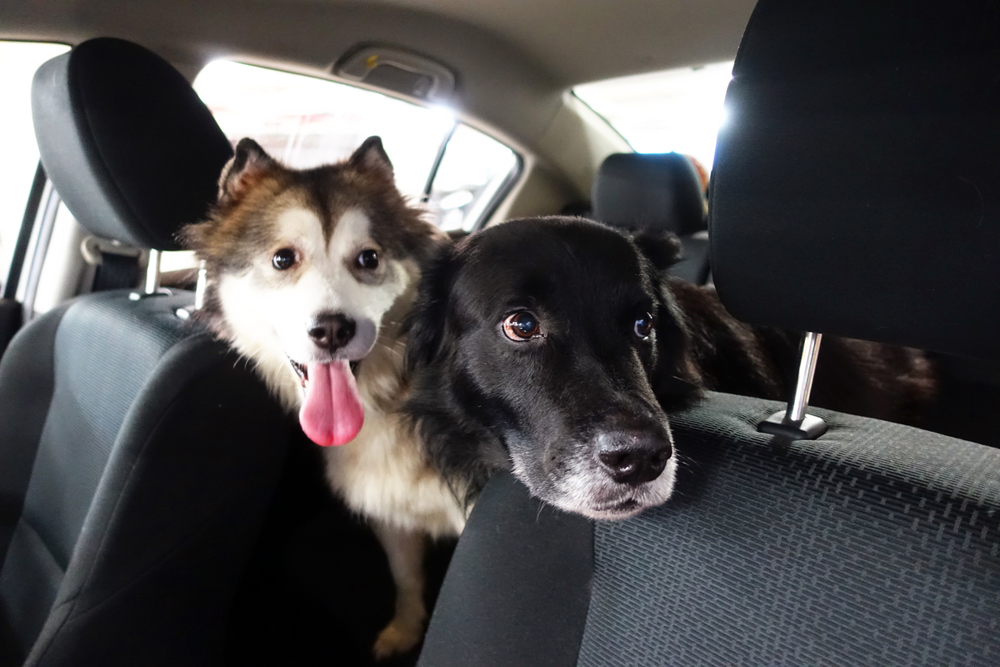
While some dogs love to look out the window, travel isn’t always exciting for pets. Create fun opportunities to help your pet feel mentally and physically satisfied.
- Foraging toys — Use a snuffle mat or food-stuffed toy to serve your pet’s meals.
- Brain teasers — Puzzle toys engage your pet’s inner problem solver and promote independent thinking.
- Brave new world — Let your pet investigate their surroundings (e.g., hotel or rental room, local park). Monitor your pet closely to avoid trouble, but let them sniff, explore, and learn at their own pace. Always keep your dog leashed.
Live your best life this summer with your best friend by your side. But, before you hit the road, contact Fairfax Veterinary Clinic to ensure they’re travel-ready with up-to-date vaccines, preventive testing, medication refills, and a clean bill of health.




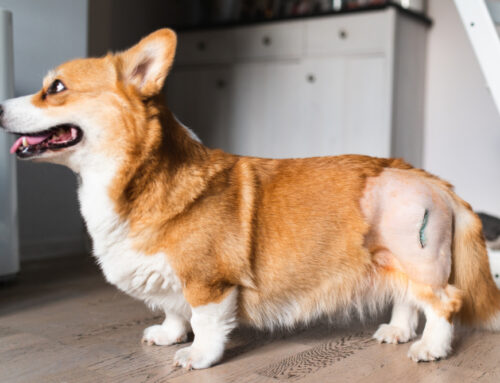
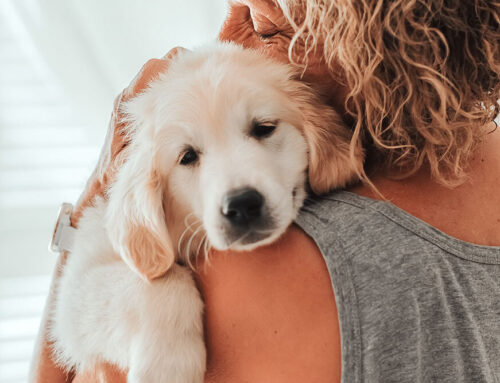
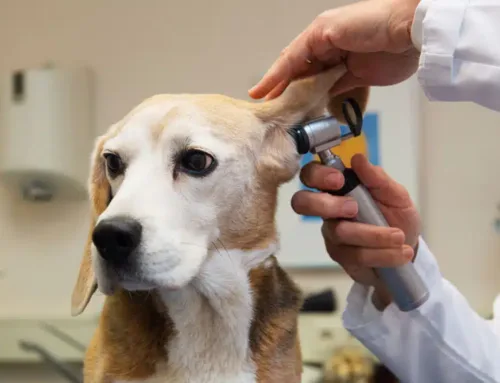
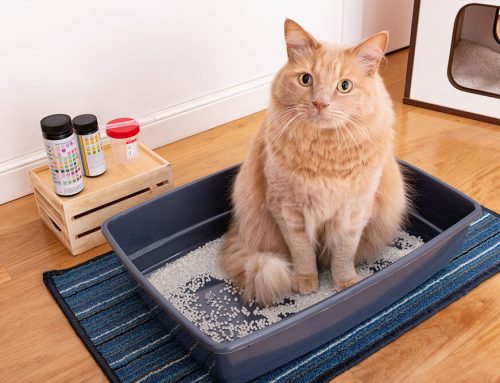
Leave A Comment